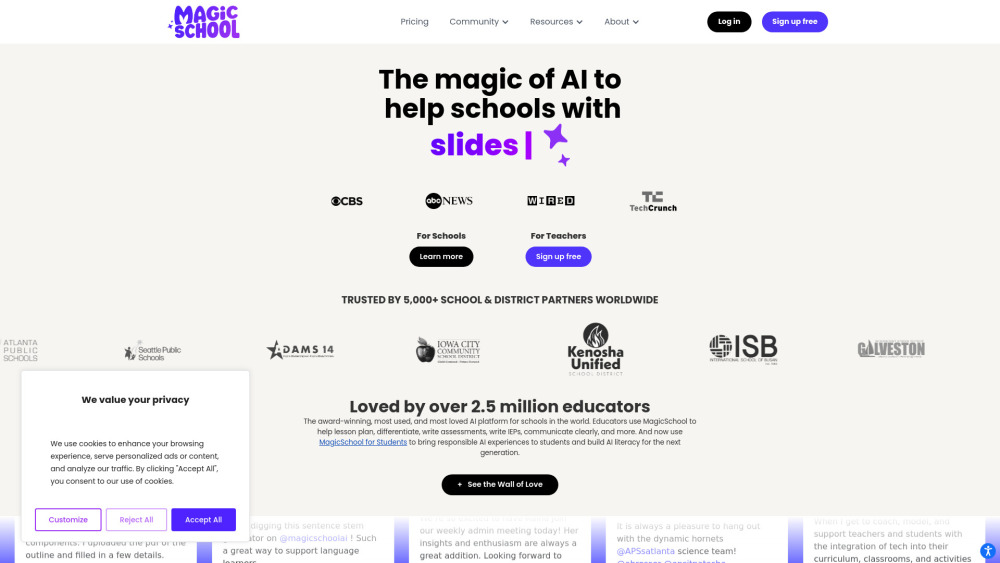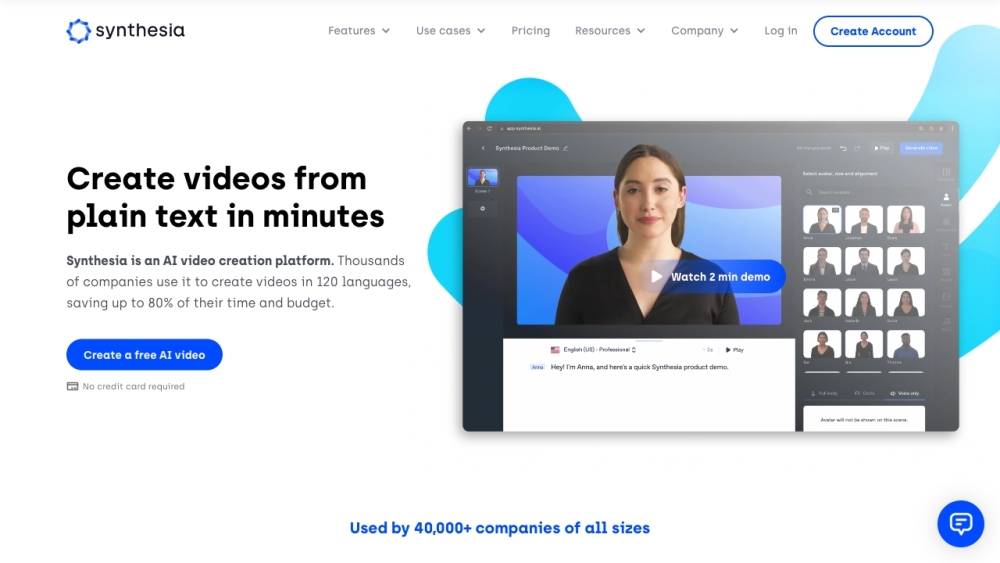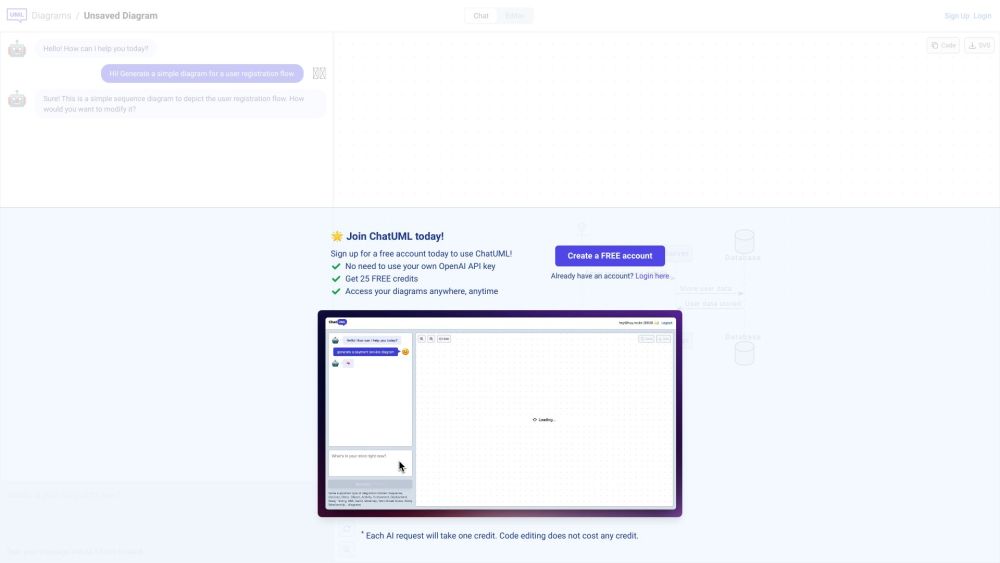The rising demand for generative AI applications has sparked a need for increasingly expansive databases to store essential data, such as model training sets. These databases can be resource-intensive in terms of hardware and may suffer from high latency, depending on the algorithms utilized. As a result, businesses often face difficult decisions regarding the balance between database cost, performance, and accuracy.
However, this situation can be improved, according to Ohad Levi, CEO and co-founder of Hyperspace. The company specializes in "domain-specific computing" to enhance two crucial database functions: lexical searches and vector searches. Lexical searches pinpoint exact keyword matches in a database, while vector searches analyze the semantic meaning and context behind a search query.
Levi asserts that Hyperspace's infrastructure, combining FPGAs and GPUs, can achieve search speeds up to 10 times faster than traditional databases without acceleration. "Our solution supports companies engaged in large-scale data retrieval, particularly within AI and generative AI sectors," Levi shared. "Unstructured data is rapidly outgrowing conventional search capabilities. Current solutions must effectively address both lexical and vector search requirements to fulfill market needs."
Before founding Hyperspace, Levi worked as an optimization engineer at Intel and later led product marketing at HP. His frustration with the limitations of legacy search systems in large tech companies inspired him to collaborate with former Intel design consultant Max Nigri to establish Hyperspace.
Rather than selling its database instances outright, Hyperspace offers access to its managed database software, currently hosted on AWS. These databases can accommodate various forms of structured and unstructured data—including videos, images, and text—pricing is determined by size and query volume.
"Hyperspace operates as a cloud-native managed database platform following a software-as-a-service model, with pricing based on usage," Levi explained. "Our team can tailor customized AI infrastructure solutions to address the search challenges faced by enterprises."
The performance claims are noteworthy; Levi reports that Hyperspace’s instances can achieve 5 times the throughput at 50% lower costs compared to typical databases. In a specific comparison, he asserts that Hyperspace outperforms Elastic. Yet, the question remains: Can Hyperspace persuade businesses to adopt its innovative database platform amidst established competitors like Azure, AWS, and Google Cloud?
Levi believes it can, noting that Hyperspace has already garnered early customer interest. The Tel Aviv-based company has secured partnerships with enterprises in fraud prevention and e-commerce sectors, including Forter, nSure, and Renovai. It has managed to triple its annual recurring revenue and total contract volume over the past year.
Recently, Hyperspace closed a $9.5 million seed funding round led by MizMaa, with contributions from JVP and toDay Ventures. Levi indicated that these funds will support the scaling of Hyperspace’s database offerings to "thousands" of instances and launch a free, entry-level plan.
"Hyperspace is developing an array of innovative products destined to advance the search market and cater to the needs of both enterprise-level clients and small- to medium-sized businesses," Levi noted. "We are not facing any obstacles. Every generative AI system relies on search, and complexities in search are escalating. The demand for enhanced AI infrastructure grows daily, and as data volume increases, the need for improved search applications becomes ever more urgent."




